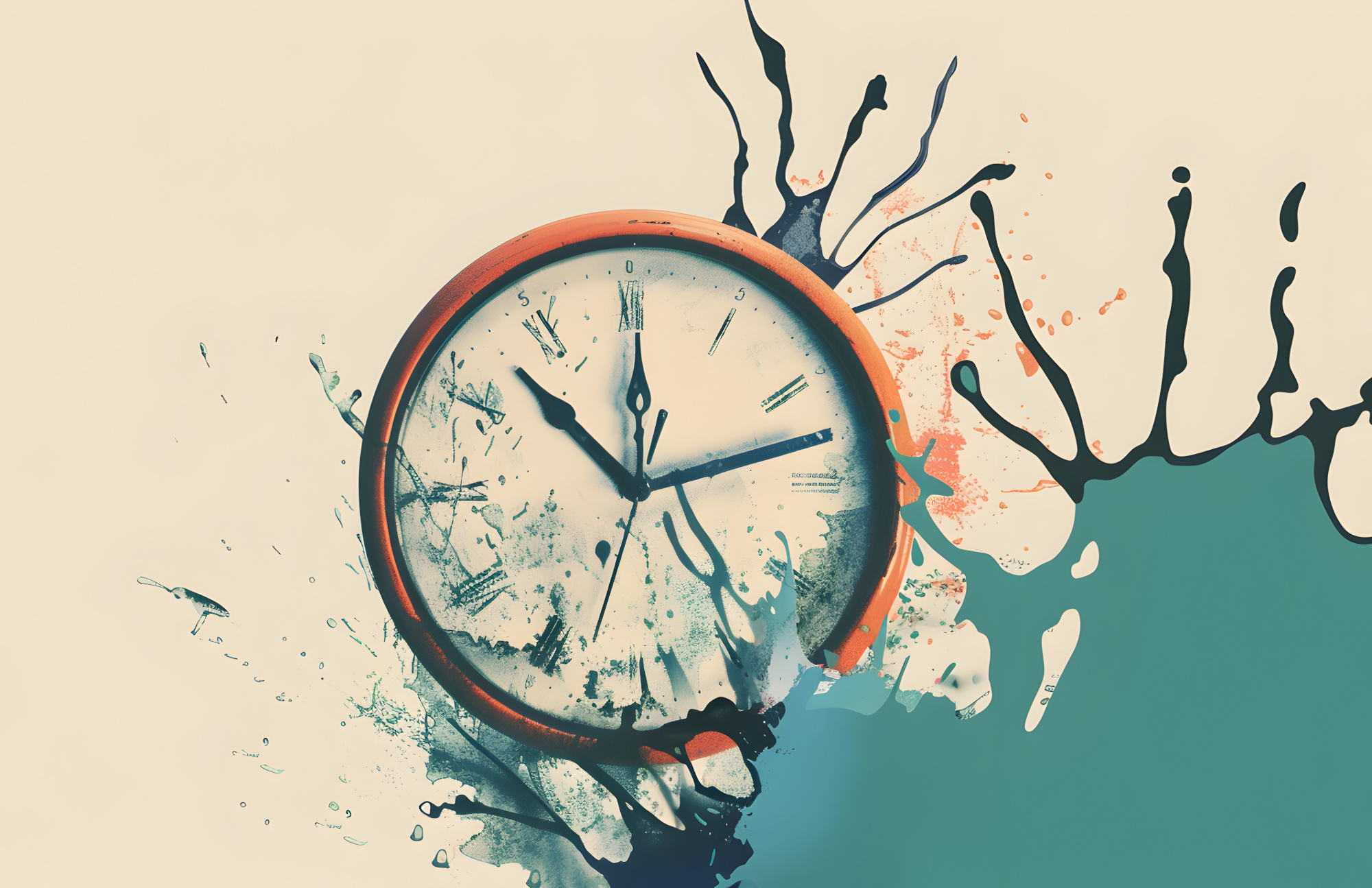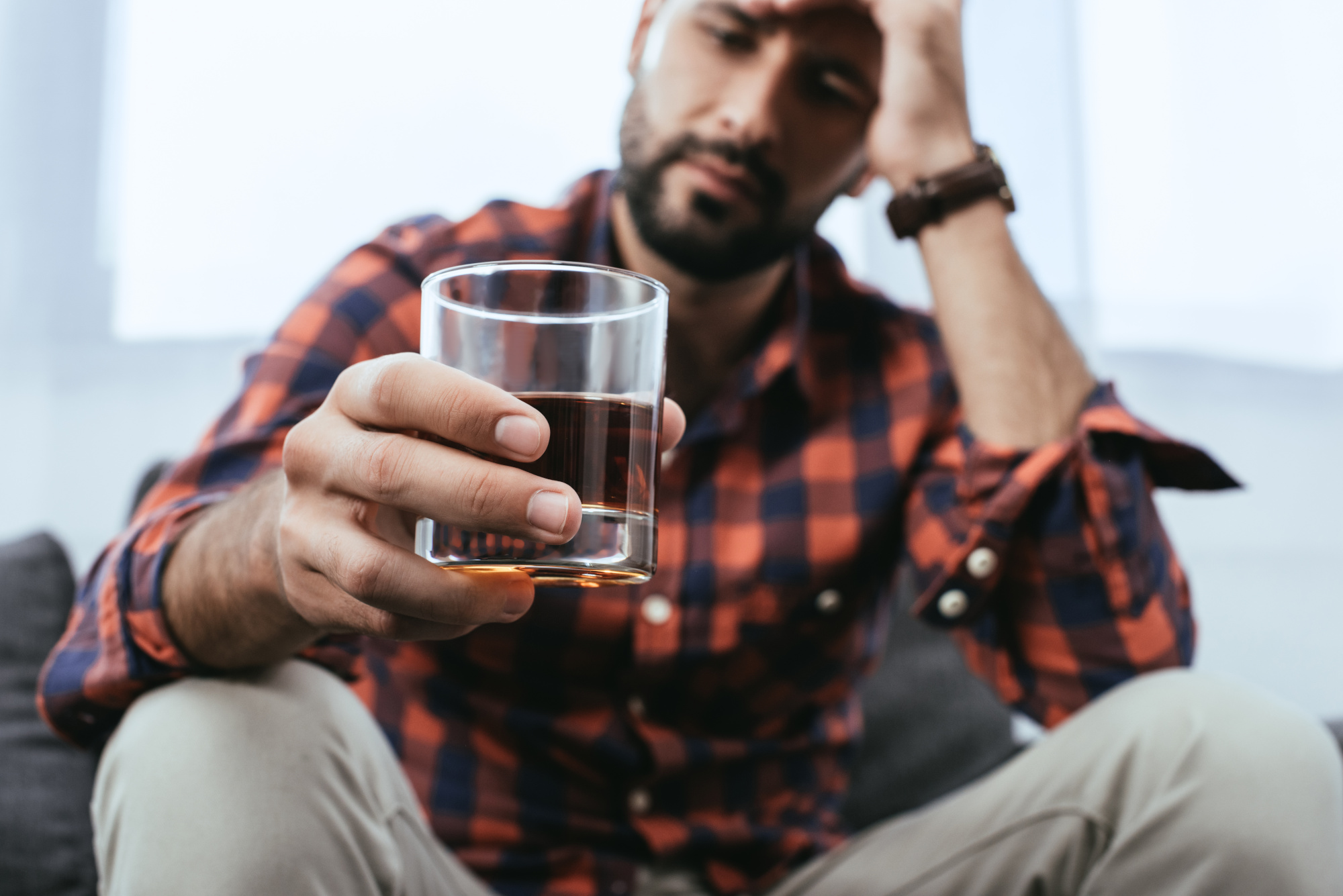For many individuals, changing their environment is key to a successful treatment, especially early on. Creating an environment that is peaceful and relaxing can make all the difference in your early recovery. Upon completing a treatment program, clients must integrate back into their everyday lives. That means returning to their homes, families, jobs, and relationships. Unfortunately, some of what we return to is toxic. Toxic relationships or environments can put your recovery at risk.
Especially early on, recovery is fragile, and you are new to navigating a sober lifestyle. Sometimes sober living is helpful by offering a little more time to prepare for returning home. The Ohana Addiction Treatment Center can help you find a sober living post-treatment, as well as resources for our alumni to use on their path to recovery. If you have recently completed an addiction treatment program, and are struggling with your integration back into everyday life, don’t hesitate to seek our help today.
Transiting Back Into Everyday Life
There are many challenges you will face, or are currently facing, regarding your transition from treatment to recovery. It can feel easy to maintain recovery while in treatment. You have constant support, an onsite sober community, and a living environment conducive to treatment. You may not have all those things upon your return to everyday life. The idea of returning home can be daunting. Learning to live a life free from active addiction is one thing when you’re at a facility, but it can become difficult to feel confident in your ability to maintain recovery when you’re on your own. One way to help with this fear is to make a plan.
By creating a recovery plan, you’ll have pre-determined guidelines to follow. It will help you maintain structure, focus on your goals, and stay motivated. Think of it as an opportunity to achieve things you’ve always wanted to do. So many times, we have ideas, but we don’t put them into action. Incorporating goals and dreams into your recovery plan will make them a little more attainable. According to the U.S. Department of Health and Human Services, on their MentalHealth.gov website, a recovery plan will help you:
- Identify goals for achieving wellness
- Specify what you can do to reach those goals
- Include daily activity toward reaching long-term goals
- Track changes in your mental health
- Identify triggers or stressful events that make you feel bad, and learn how to manage them
You may be wondering how to go about making a recovery plan. Well, the first thing to remember is that a successful plan will address your specific needs, and who’s a better expert on you than yourself?
Creating a Recovery Plan
Before creating a recovery plan, you’ll have to determine your needs, triggers, goals you hope to achieve, and recovery resources you can utilize. You can consider what initially motivated you to seek treatment and determine what challenges you’ve faced during treatment and where they may present themselves. If it helps, make a list of your thoughts regarding recovery. Write down your triggers and how to avoid them, create self-care routines that help you relax and recharge, and emphasize the use of coping techniques and relapse prevention strategies that have been effective during treatment.
In addition to the benefits of a recovery plan listed above, the U.S. Department of Health and Human Services also references the four dimensions of recovery. They include:
- Health: This revolves around managing diseases and making informed, healthy choices that support physical and emotional well-being.
- Home: Home focuses on having a stable and safe place to live that is conducive to recovery.
- Purpose: Purpose is finding a sense of meaning in your everyday life. That could be through work, school, volunteering, taking up hobbies, and caring for your family.
- Community: This includes building relationships and social networks that provide support. It can be especially helpful to build relationships with those in your community who are also in recovery. Consider attending a local support meeting and making connections with others in attendance.
Changing Where You Are to Maintain Who You’ve Become
After creating a recovery plan, you will hopefully have been able to determine how your environment will affect your recovery. If going home means returning to a place you shared with a partner who is still actively using substances, you may consider ending the relationship and staying somewhere else. You can’t help those who don’t want to help themselves, especially when you are new to recovery. Similarly, if your home is in a place with heavy drug activity, you might want to consider an alternative. Even if it means temporarily staying with a member of your support network until you can find a place, it will be worth it.
Making a big move like this and potentially ending a relationship is no easy task. Tough decisions like these make all the difference in maintaining your sobriety. If you have recently left a treatment facility and are struggling to re-enter your living space or having difficulty making tough decisions about your recovery, reach out to us at The Ohana to seek extra help today.







